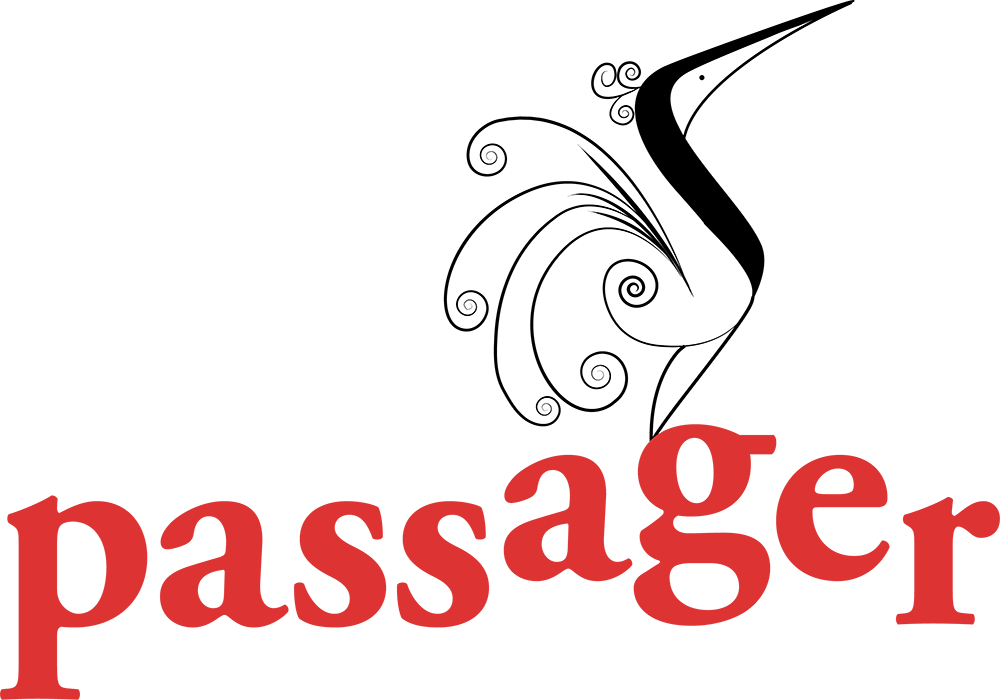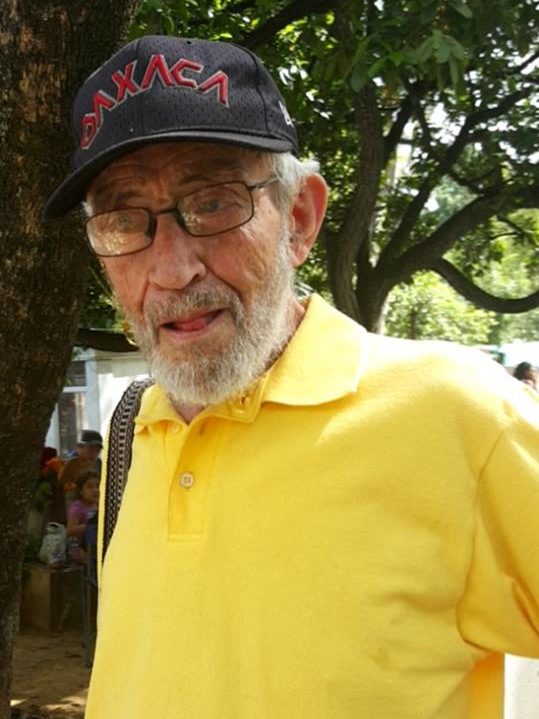The Rosetta Stone
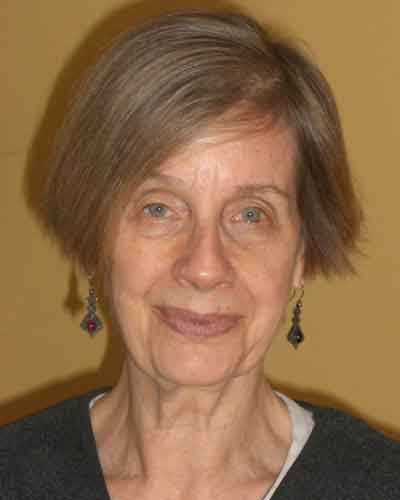
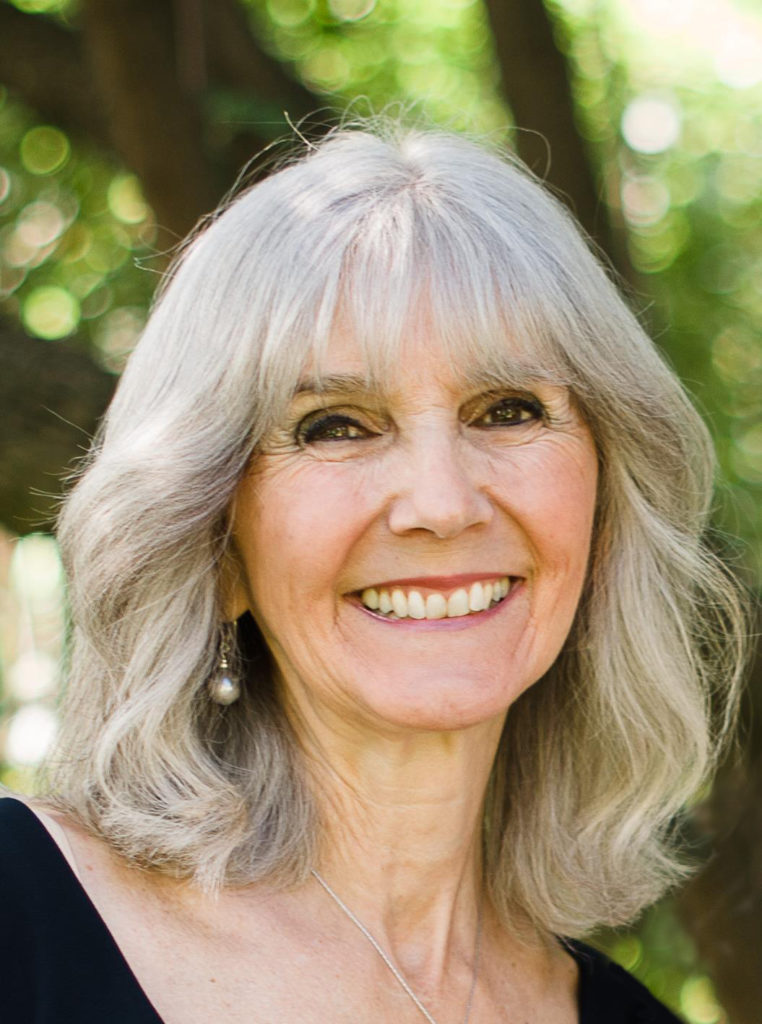

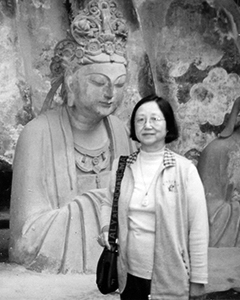
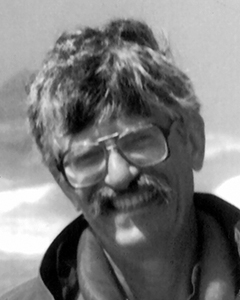
Language barriers and gateways, featuring work by Lee Haas Norris, Leah Johnson, Diana Anhalt, and a translation by Mary Fung and David Lunde.
8 minutes
TRANSCRIPT
For years, I thought the Rosetta Stone was named after a girl I went to elementary school with. But here’s the real story. On July 19, 1799 a French officer fighting in Napolean’s North Africa campaign, found a stone near the town of Rashid—or Rosetta—in the Nile Delta. Written on the stone were three versions of a decree issued in 196 BC. One was in Greek, one in Egyptian, and one in ancient Egyptian hieroglyphics. The Rosetta Stone made it possible for the first time for modern civilizations to decipher hieroglyphics.
It’s as good a reason as any to feature some pieces about other languages, don’t you think?
Lee Haas Norris said she kept a journal on a trip to France and 20 years later, used it to construct her story “French Lessons” which Passager published in its Winter 2013 issue. Here’s an excerpt.
We cowered beside the armoire in Josette’s Perpignan kitchen, my husband Chuck and I, like shame-faced children, one of whom would soon be eligible for Medicare. I was the culprit, but he’d be paying for the damage. I imagined our hostess’ horror at the confession I was about to make . . . At least we were leaving for Spain that day.
It was March 1992, cold and damp . . . Squat, fiftyish Josette Laurent and her svelte older daughter, gilt-blonde Nicole, had waited for us on the platform, identifying themselves with pink-and-black-lettered signs bearing their names. No one in their family spoke English, my husband only English. But after four weeks in the country my post-college French was at its peak. I was thrilled at the prospect of total immersion in Gallic speech and cachet in a home setting.
Excerpts from Lee Haas Norris’s story “French Lessons.”
Leah Johnson said, “Just before my wedding in 1975 one of my aunts wrote a family tree for me. Reading through these names again, it was as if I were hearing them for the first time. I couldn’t get their beauty out of my head – a strange and haunting music from the Peloponnese, my father’s family home.” Here’s Leah’s poem “Country of Origin.”
Haunting music they make, these names –
Haralambros
Vasiliki
Evangelos
Stavroula
Anastacia
Andriana
Caratsou
I lie in bed at night and recite them like a prayer
run them through my mind like worry beads
Haralambros
And they reverberate
Vasiliki
Like the strings of a bouzouki
Evangelos
Like olive branches in the wind
Stavroula
And they resonate
Anastacia
Like the wailing of a clarinet
Andriana
Like an incense-filled chant
Caratsou
I make of them a boat to carry me back
to the Peloponnese, to fingers of land
stretching out to touch the azure sea, to
mountains and gorges, groves of twisted olive trees
whose celadon leaves flash silver in the sun, to
the place where I can find my own lost name –
Paschalia, Paschalia –
It sings, doesn’t it?
Doesn’t it sing?
“Country of Origin,” Leah Johnson from Passager’s 2021 poetry contest issue.
Mary Fung and David Lunde translated several Chinese Zen poems that they later published in a book. Here’s one that Passager published in Issue 54, “White Hair.”
Do not dye or pluck it –
let it cover your head.
Although there’s no remedy for its turning white,
black can withstand autumn no better.
Pillowed on it, one quietly listens to cicadas;
letting it down, idly one watches the flowing stream.
Growing old is unavoidable in this floating life,
but most people grieve because of you, white hair.
Mary Fung and David Lunde’s translation of the Chinese Zen poem “White Hair.”
Diana Anhalt said, “There’s a song in Spanish, No soy de aquí, ni soy de allá, (“I’m not from here, I’m not from there . . .”) I feel like that sometimes.” She lived in Mexico from age 8 to 68. She said, “The one place where I have always felt at home is in that small space between my chair and my desk in front of a computer.” From her book Because There Is No Return, “On Not Speaking Spanish.”
I was never introduced. No one said, “Meet Mexico.
Shake her hand.” And if they had? Mexico couldn’t
have heard me over the tumult: fire crackers, car horns,
mariachis, or the assault of airport Spanish ¿bienvenido
amexiconiñaquequieredeclara?” (Have you something
to declare, little girl?)
My only Spanish was, No hablo español – No way to ask:
“What am I doing here?” (My parents wouldn’t say.) Words
for my questions dissolved beneath my tongue like Jello, died
in my mouth: When do we get to go home? What happened to
the snow? Why doesn’t it smell like the Bronx? – blackboard
chalk, mackerel, bubble gum, moth balls.
I combed the streets near my house – Goldsmeeth, Deekins,
Shackespiari – for something that spoke to me in English.
In Polanco Park, el parque del reloj (for its clock, which never
worked), Mexican grass, dogs, even trees, went mute when
I arrived. Rocks were impenetrable. But the Sanborncito across
the street displayed American comics up front.
If I bought an ice cream cone, licked it slowly, I could read,
savor the antics of “Nancy and Sluggo,” “Little Lulu,” “Archie
and Jughead.” They spoke my language. But “Wonder Woman,”
Amazon warrior princess – unbeatable, cunning, all-powerful –
was my favorite. Her real name? Diana, just like mine.
“On Not Speaking Spanish,” Diana Anhalt.
To buy Diana’s book Because There Is No Return, or to subscribe to or learn more about Passager and its commitment to writers over 50, go to passagerbooks.com. Passager offers a 25% discount on the books and journal issues featured here on Burning Bright. Visit our website to see what’s on sale this week.
You can download Burning Bright from Spotify, Apple and Google Podcasts and various other podcast apps.
For Kendra, Mary, Christine, Rosanne, and the rest of the Passager staff, I’m Jon Shorr.
